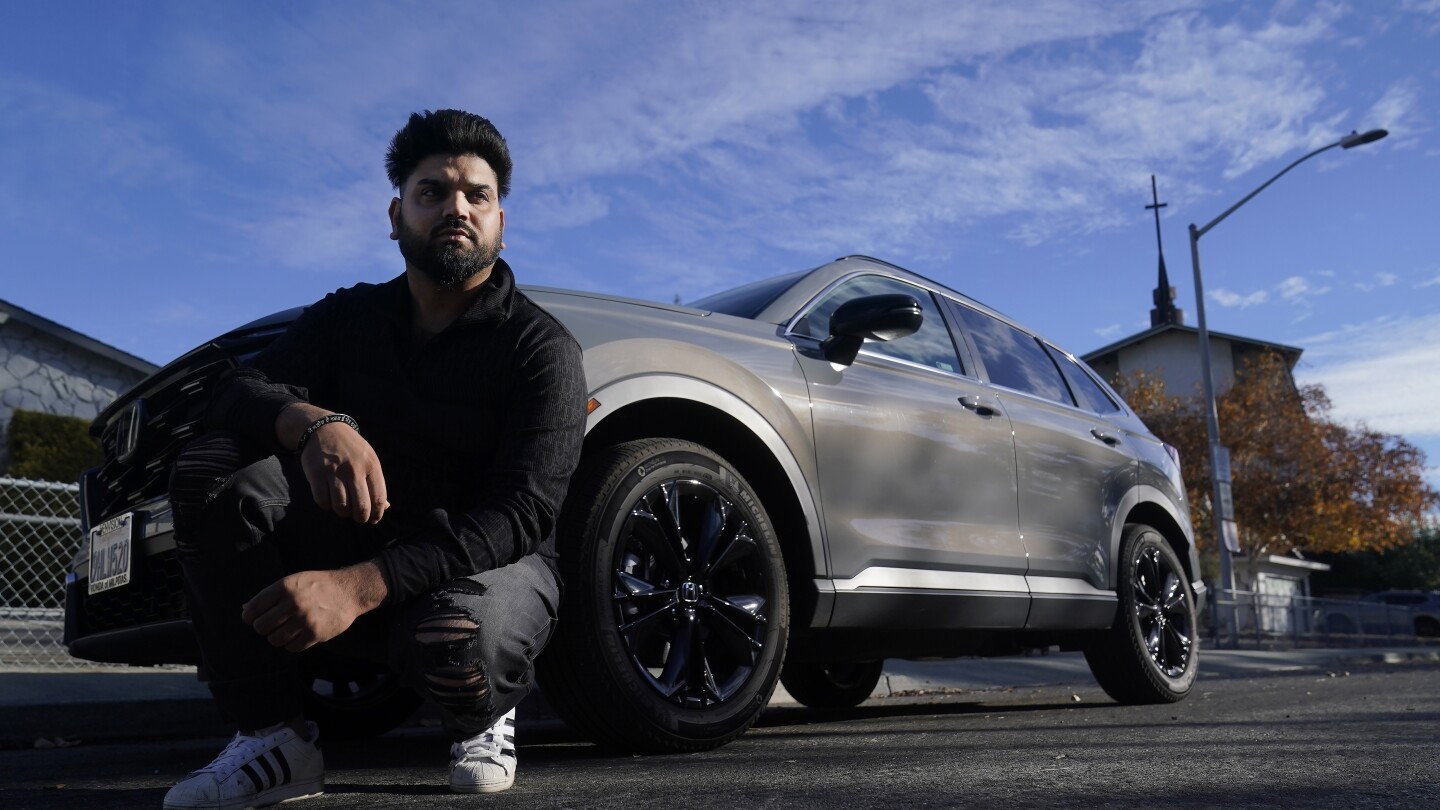America’s automakers have staked their futures on the notion that electric vehicles will dominate sales in the coming years, spurred by buyers determined to reduce carbon emissions and save on fuel.
But so far, while EV sales are growing, their pace is falling well short of the industry’s ambitious timetable for transitioning away from combustion engines. Instead, buyers are increasingly embracing a quarter-century-old technology whose popularity has been surging: The gas-electric hybrid, which alternates from gas to battery power to maximize efficiency.
So far in 2023, Americans have bought a record 1 million-plus hybrids — up 76% from the same period last year, according to Edmunds.com. As recently as last year, purchases had fallen below 2021’s total. This year’s figures don’t even include sales of 148,000 plug-in hybrids, which drive a short distance on battery power before a gas-electric system kicks in.



I looked at PHEVs before landing on just getting an EV. I don’t understand why they have such small batteries. The ones I looked at said they could do like 15-18 miles on electric. I feel like if that was 30-36 then it’d be usable, but half that didn’t do much for me.
PHEVs are the worst of both worlds. Tiny battery, extra maintenance for both, extra weight of both. Only get slow charging. There have also been studies done that show most people don’t charge them and so you end up with an even higher amount of pollution than a 100% ICE because the smaller engine - despite having a better mpg.